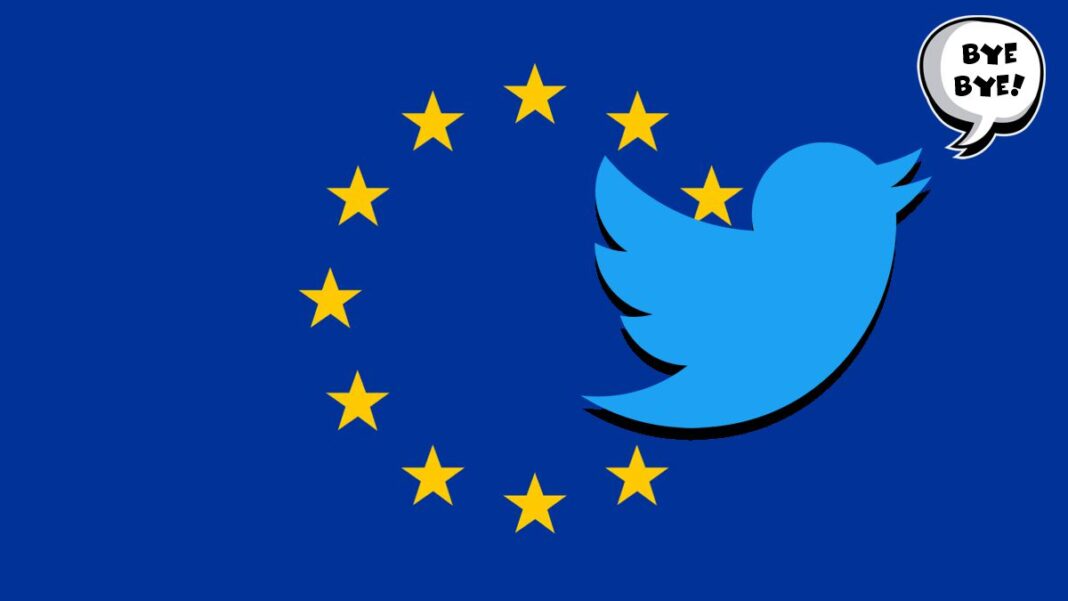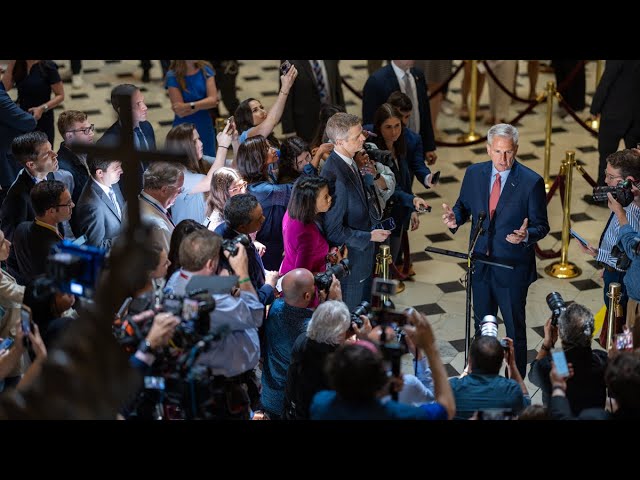Senior European Union officials were furious over the weekend after Twitter owner Elon Musk pulled the social media platform out of the bloc’s “Code of Practice,” which critics say is tantamount to a censorship regime.
The EU’s internal market commissioner, Thierry Breton, wrote that Twitter left the bloc’s Code of Practice, after reports claimed the platform would do so. Breton warned that Twitter would face some legal liabilities.
“Twitter leaves EU voluntary Code of Practice against disinformation. But obligations remain. You can run, but you can’t hide,” Breton wrote. “Beyond voluntary commitments, fighting disinformation will be legal obligation under #DSA as of August 25. Our teams will be ready for enforcement.”
An EU official also told Euractiv that the bloc is “waiting for this,” and “it was purely a matter of time” before reports surfaced that Musk would withdraw.
The rules known as the Digital Services Act (DSA) require companies to do risk management, conduct external and independent auditing, share data with authorities and researchers, and adopt a code of conduct by August.
The 19 companies that are subject to the rules include Alphabet’s Google Maps, Google Play, Google Search, Google Shopping and YouTube, along with Meta’s Facebook and Instagram, Amazon’s Marketplace, Apple’s App Store, and Twitter. The others are Microsoft’s two units LinkedIn and Bing, booking.com, Pinterest, Snap Inc’s Snapchat, TikTok, Twitter, Wikipedia, Zalando, and Alibaba’s AliExpress.
“We consider these 19 online platforms and search engines have become systematically relevant and have special responsibilities to make the internet safer,” Breton told reporters earlier this year, adding that those companies would have to target so-called disinformation.
Breton said he was checking to see whether another four to five companies fall under the DSA, with a decision expected in the next few weeks. Breton singled out Facebook’s content moderation system for criticism because of its role in building opinions on key issues.









